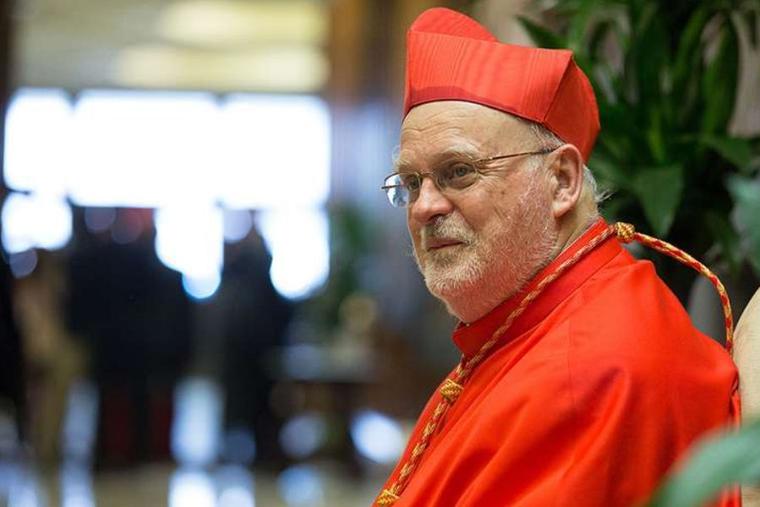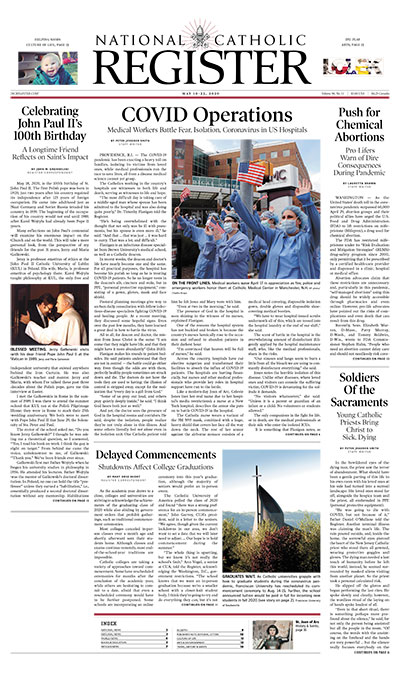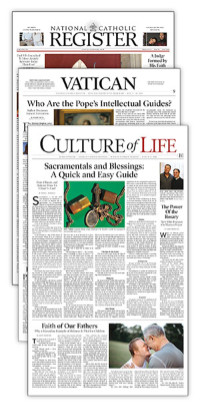Ordination of Women Should Not be Focal Point of Synod, Scandinavian Cardinal Says
The gathering, which will be held from Oct. 4–29 and followed by a second assembly in October 2024, is focused on how the Church can better incorporate its members into its life and mission.

Scandinavia’s top Church leader hopes the role of women in the Church’s mission is not a focal point at the upcoming synodal assembly on synodality — and, therefore, that the conversation isn’t bogged down on the settled question of whether the Church can ordain women.
“It would be very frustrating if the discussion was limited to this issue that cannot lead further, as priestly ministry is reserved to men in Catholic and Orthodox doctrine,” Cardinal Anders Arborelius, ordinary of the Archdiocese of Stockholm, told the National Catholic Reporter in an interview published Sept. 13.
Cardinal Arborelius, who became the first cardinal ever from Scandinavia in 2017 and was made a member of the Vatican’s Dicastery for Bishops in 2022, will be one of the 360-plus voting participants at the October synod. The gathering, which will be held from Oct. 4–29 and followed by a second assembly in October 2024, is focused on how the Church can better incorporate its members into its life and mission.
Although synod organizers have insisted the event is not about changing doctrine, the event’s Instrumentum Laboris, or working document, explicitly asks whether “it is possible to envisage” “the question of women’s inclusion in the diaconate.” Some participants, such as San Diego Cardinal Robert McElroy, have actively pushed for women’s ordination to be a focal point of the proceedings, as have outside initiatives such as the Synodal Way in the Catholic Church in Germany.
The Church’s inability to sacramentally ordain women — which is often falsely portrayed as a “ban” in some media accounts — was confirmed in 1994 by Pope John Paul II, who wrote in Ordinatio Sacerdotalis that “the Church has no authority whatsoever to confer priestly ordination on women and that this judgment is to be definitively held by all the Church’s faithful.”
Cardinal Arborelius, who became the first cardinal ever from Scandinavia in 2017 and was made a member of the Vatican’s Dicastery for Bishops in 2022, will be one of the 360-plus voting participants at the October synod. The gathering, which will be held from Oct. 4–29 and followed by a second assembly in October 2024, is focused on how the Church can better incorporate its members into its life and mission.
“It is of the utmost importance to find more possibilities for women to take part in the work of evangelization on various levels,” Cardinal Arborelius said. “At the same time, it is important to see that there are other ways than ordained ministry.”











